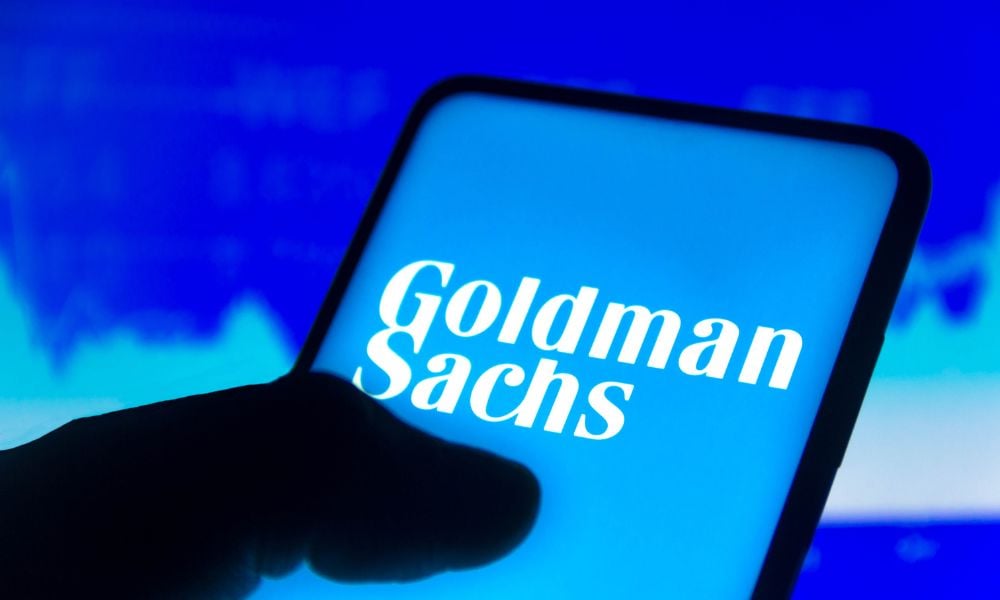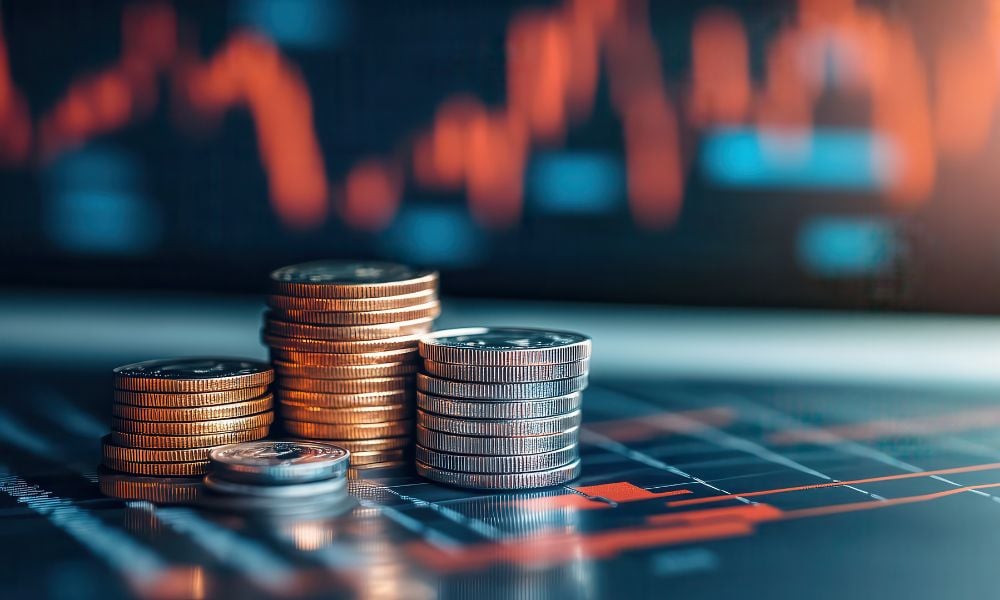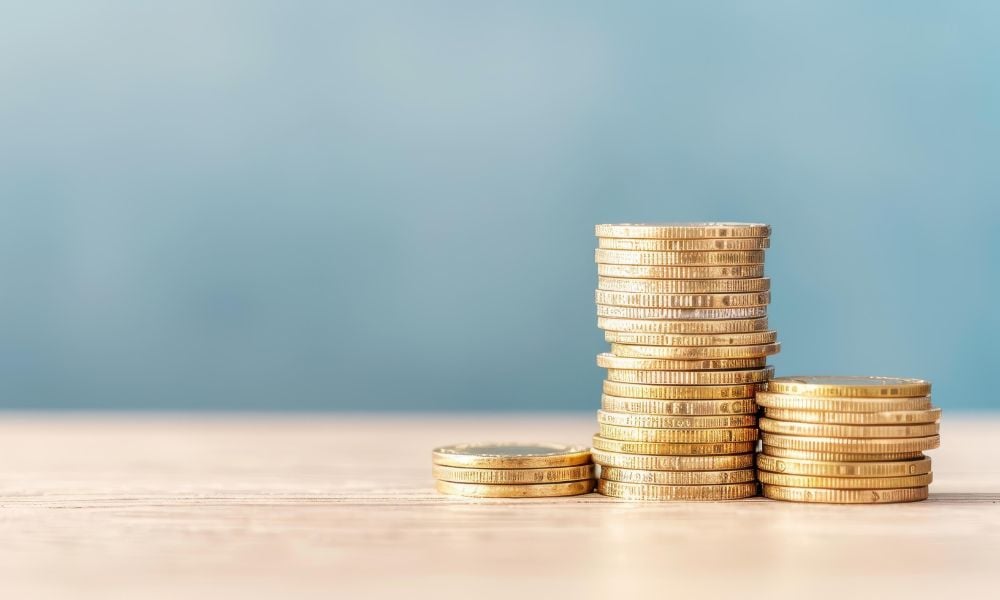Goldman economists project consumers to absorb 67% of tariff costs by October

American consumers could soon bear two-thirds of the costs from US tariffs, according to Goldman Sachs research, even as US President Donald Trump dismissed the findings and attacked the bank’s leadership.
Goldman economists estimated that US households had absorbed 22 percent of tariff costs through June, with that figure projected to rise to 67 percent by October if the newest tariffs follow earlier patterns, reported Bloomberg.
Economist Elsie Peng, who co-authored the note with Goldman’s chief economist Jan Hatzius, said the shift would push the Federal Reserve’s core PCE inflation gauge to 3.2 percent by year-end, compared with 2.8 percent in June and a 2 percent Fed target, as cited by CNBC.
Goldman’s US head economist David Mericle told CNBC, “We stand by the results of this study.”
He added that if the latest tariffs, such as those introduced in April, follow the same pattern as the February tariffs, the bank projects that consumers would eventually bear about two-thirds of the cost by fall.
Mericle added that the estimates were consistent with other economists’ findings.
Trump rejected those conclusions, writing on Truth Social that “tariffs have not caused Inflation, or any other problems for America, other than massive amounts of CASH pouring into our Treasury’s coffers.”
The US Treasury Department reported nearly US$28bn in tariff revenue in July, according to CNBC.
Consumer price index data showed a 0.2 percent increase in July, keeping the annual inflation rate at 2.7 percent, reported CNN.
The US president also targeted Goldman CEO David Solomon personally, suggesting that he “get a new Economist or, maybe, he ought to just focus on being a DJ, and not bother running a major Financial Institution,” as reported by Reuters.
Solomon, who previously performed at events, ended his DJ career two years ago under pressure from Goldman’s board.
Trump’s criticism, described by Reuters as part of his broader pattern of challenging corporate America and institutions, has triggered debate on Wall Street about whether political pressure could influence independent research.
Dave Rosenberg of Rosenberg Research said, “This is going to come down to a person’s ability to withstand a barrage of criticism from the Oval Office, and the extent to which these banks provide support for their chief economists.”
Henry Hu, a securities law professor at the University of Texas, told Reuters that “Goldman’s reputational capital is at stake here. If their views on the economy become biased, and they are shown to be wrong, why would anyone choose Goldman to advise them on anything?”
Mike Mayo, banking analyst at Wells Fargo, added that “investment banks live and die by their reputation and independence. That transcends all other considerations.”
Concerns about self-censorship have already emerged.
Reuters reported that JPMorgan Asset Management strategist Michael Cembalest admitted he refrained from voicing views on tariffs publicly, although CEO Jamie Dimon later insisted analysts should speak freely.
Compromised research risks echo the dot-com bubble.
At that time, then–New York Attorney General Eliot Spitzer found that Wall Street analysts had issued inflated “buy” ratings to win business. His investigation led to a US$1.5bn settlement and lifetime bans for some analysts, Reuters reported.
Steve Sosnick, market strategist at IBKR, told Reuters it remains uncertain whether the current dispute will reshape Wall Street research or fade quickly, but “it does raise a lot of questions.”
Goldman declined to comment on Trump’s remarks, as did other banks including Wells Fargo, JPMorgan, Morgan Stanley, Deutsche Bank, Bank of America, and Citigroup.


